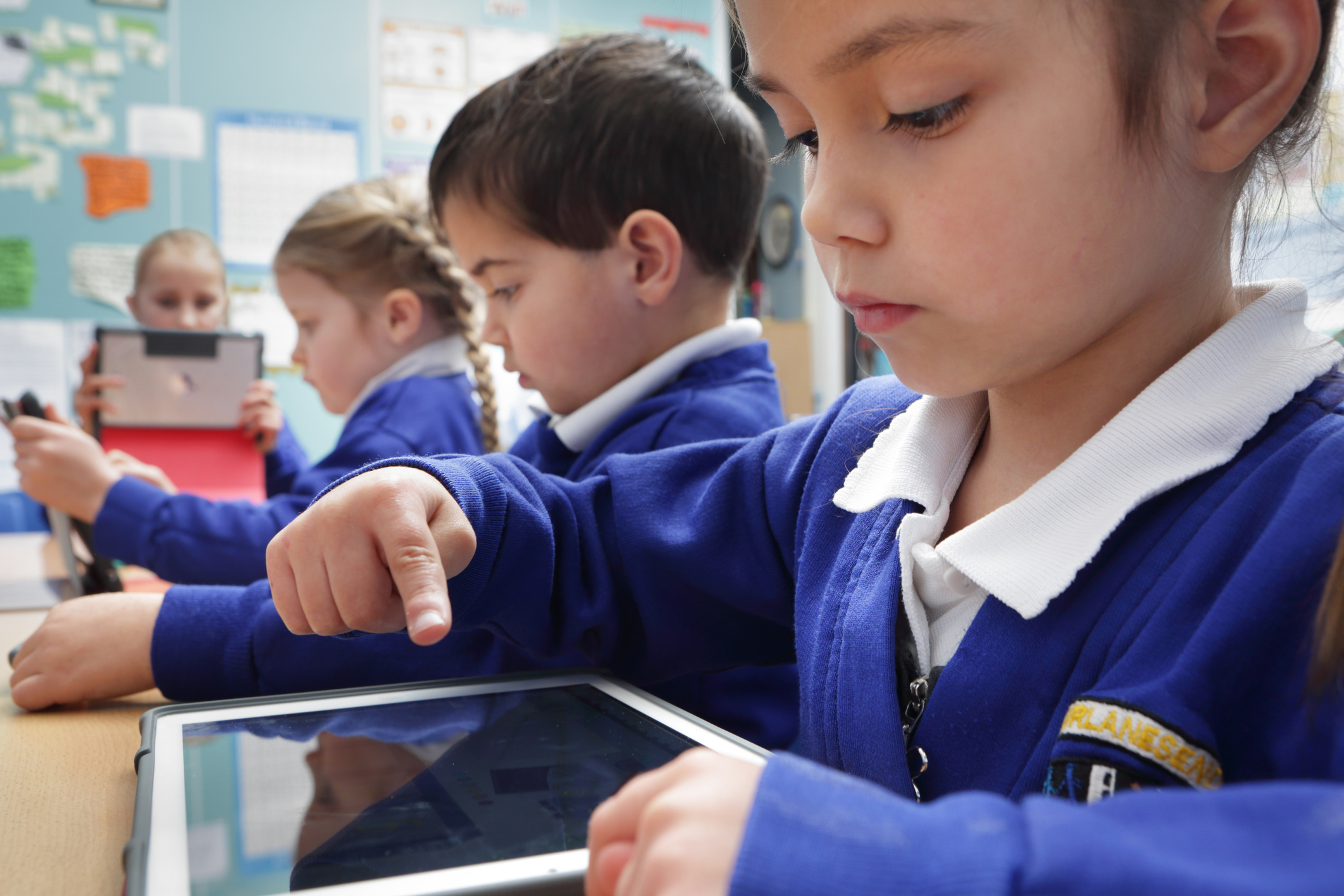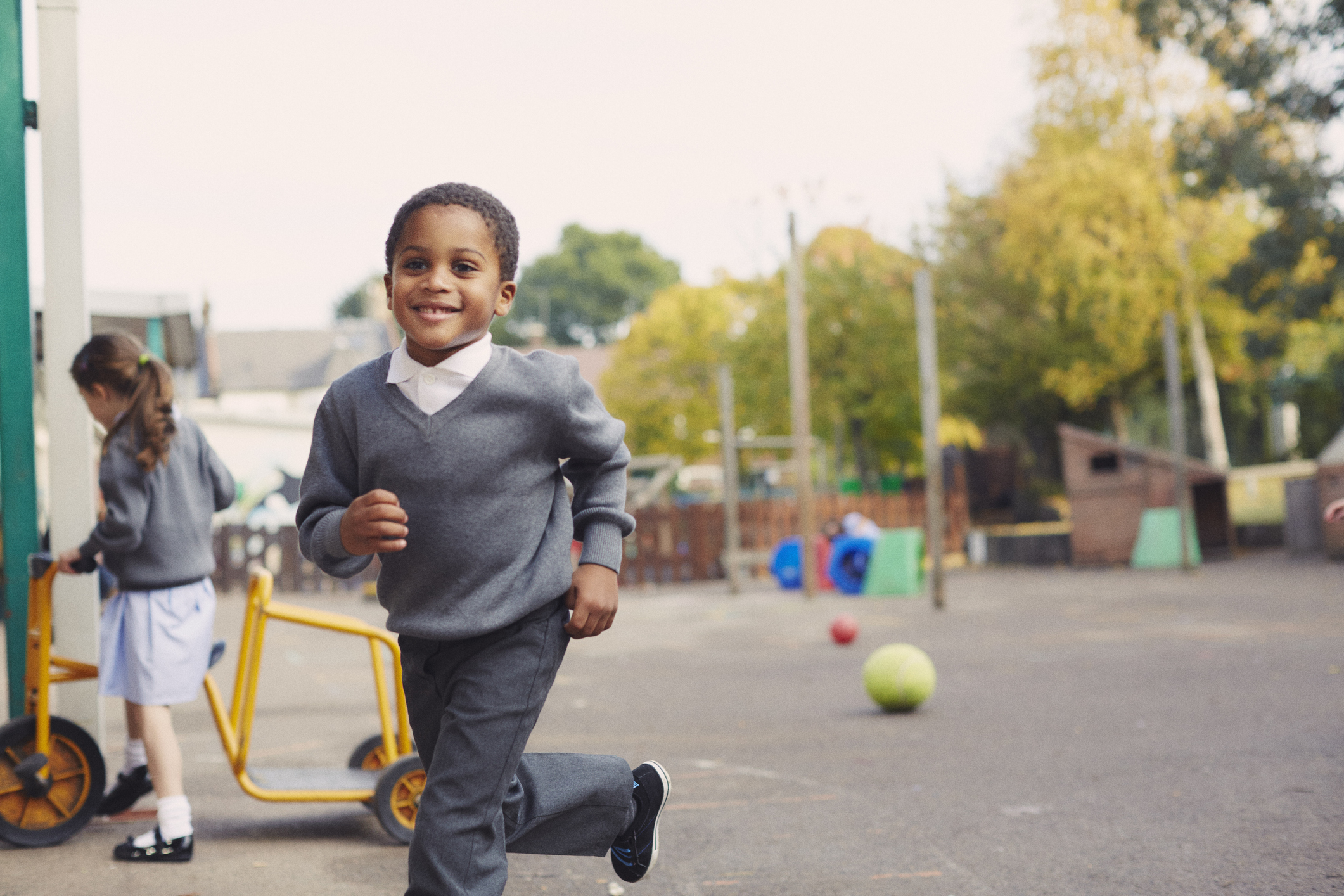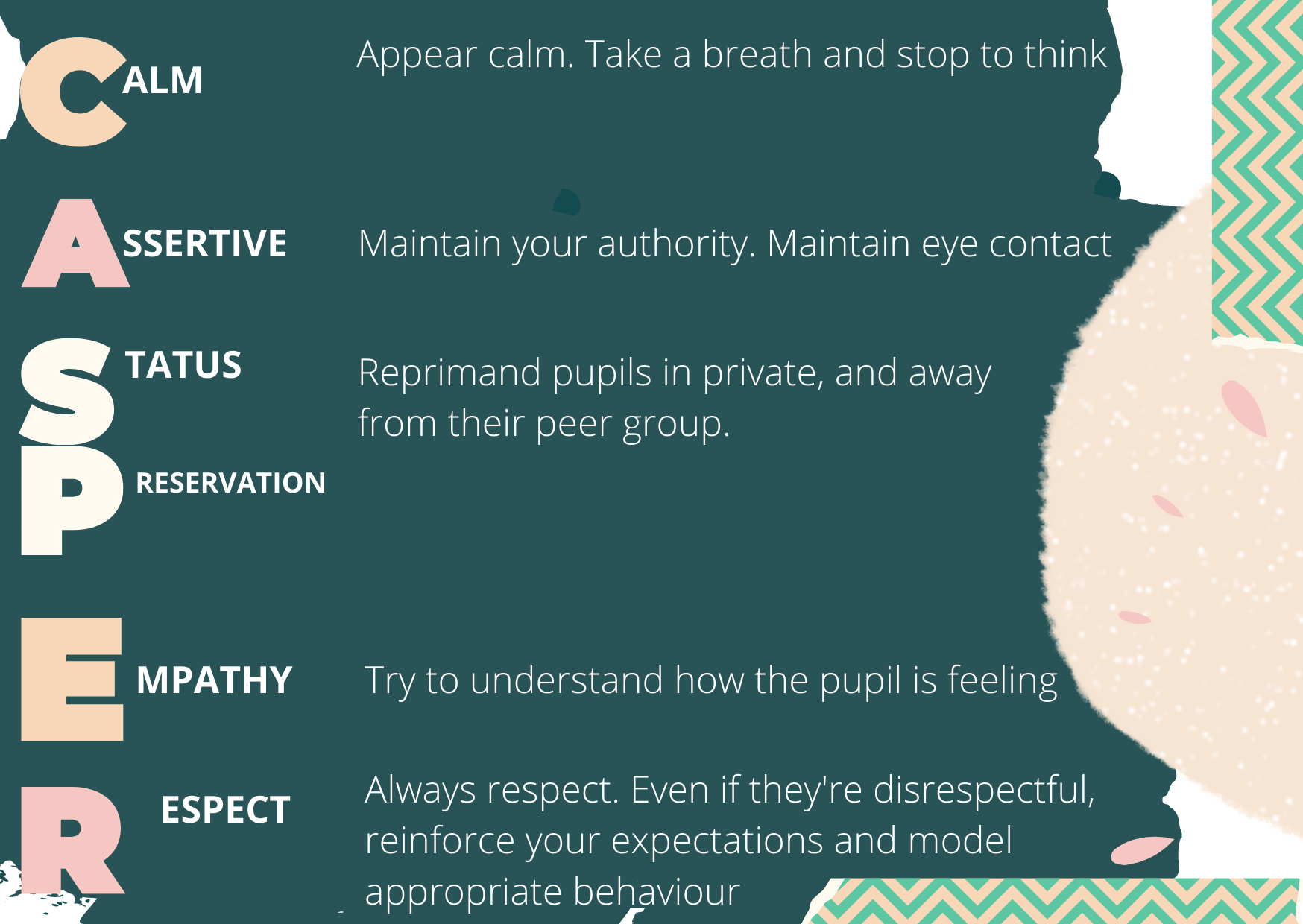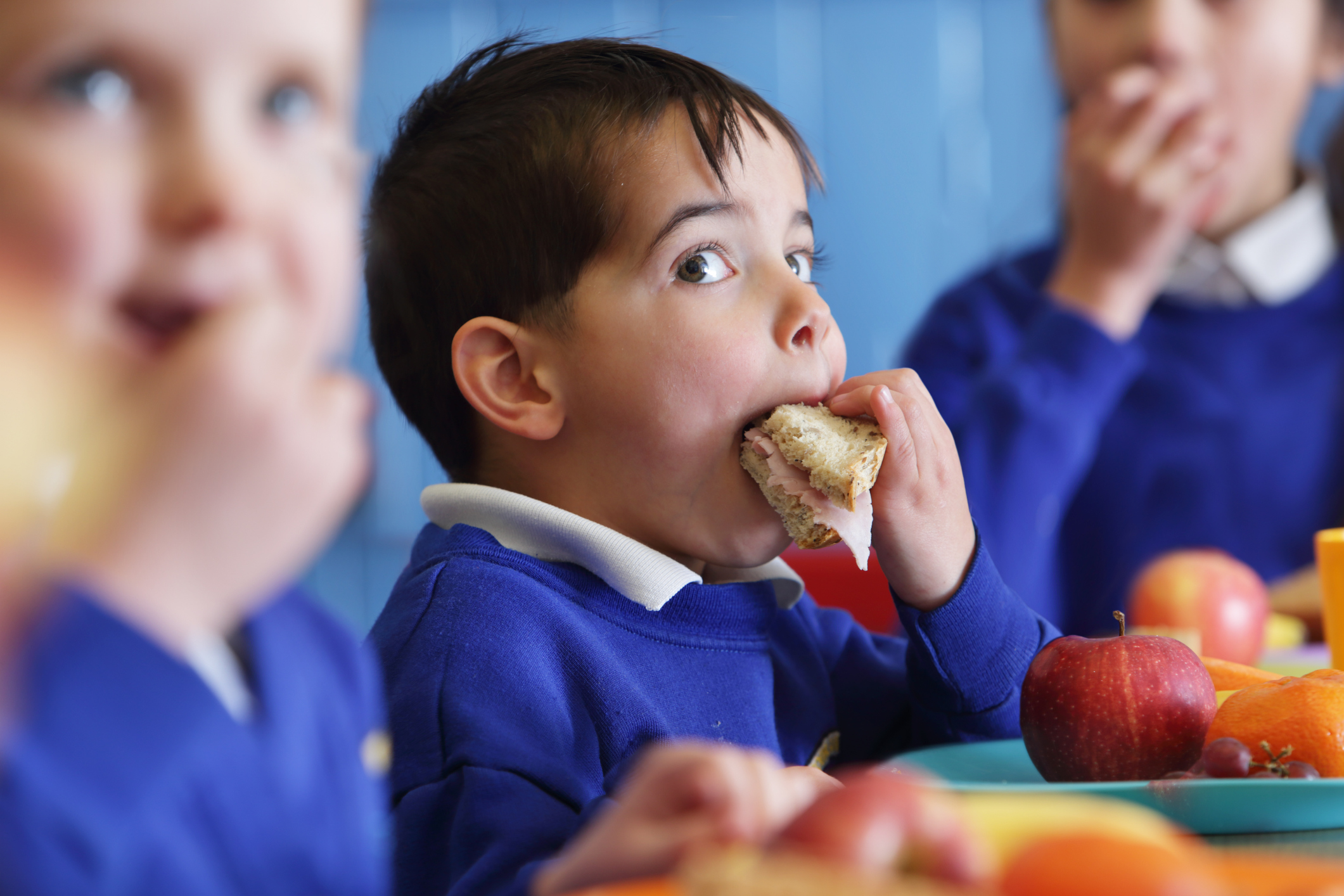12 questions to ask a primary school - and the answers you need to hear

Parenting advice, hot topics, best buys and family finance tips delivered straight to your inbox.
You are now subscribed
Your newsletter sign-up was successful
Parents, teachers and industry experts share their top questions to ask a primary school - and the answers you need to listen out for.
There's more to choosing schools than just the location, having questions to ask a primary school helps too. Also check out their Ofsted (Office for Standards in Education) reports. Though, do bear in mind that an 'outstanding' Ofsted could turn to a 'needs improvement' just by a change in head teacher.
As we come out of the other side of Covid-19 its worth double checking your local council websites to check if your primary schools are doing visits. Finding when to apply for a primary school 2022 is also pretty important. Followed closely by when primary school places are announced. And then understanding what should you do if your child doesn't get the school you want.
But before you book in that tour of the school, it's worth having a few questions to hand;
12 questions to ask when visiting a primary school
1. How long have you worked here?
This is one of the best questions to ask when visiting a primary school. The visit is likely to be given by a Reception/P1 teacher or Lead. Finding out how long teachers tend to stay at the school is a great way to gauge if they're happy. Happy with their workload, team, leadership etc. Happy teachers make happy children.
"The reception teacher at our local school had been there for over 10 years'. I could tell, as we walked around the school, how much the older children loved her. They kept stopping to say hi to her and 'do a handshake', it was lovely to see." - Mum-of-one Jasmine C
Answers to look out for: The longer the better. Staff who are happy, feel valued and enjoy their work tend to stay put. Happy teachers, happy children.
Parenting advice, hot topics, best buys and family finance tips delivered straight to your inbox.
2. How do you settle children if they seem anxious?
Anxiety is reportedly the second most common disorder in childhood, especially given the last two years we've had. This is one of the top questions to ask when visiting a primary school as research suggests that early intervention and prevention is vital for a child's adaptive development.
EYFS (Early Years Foundation Stage) teacher, Miss Michelle Lowe told us: "Every day I make a point of greeting each of my Reception children with a 'Good Morning'. They don't have to reply if they don't want to. Then we define our feelings at our 'emotions station', and check in again at lunch time and in the afternoon. It's good for them to be aware of their moods, and to know they can talk about them."
Plus, at four years old, your child is young. It's nice for you, as a parent, to know that they will be treated like family. They're at school for 7-8 hours a day, if they get lost or feel a bit homesick it's good to know they'll have the support they need. The Government has been promoting well-being in school. Most schools will now have well-being leads in place, be sure to ask about them and how your child will access that support.
Answer to look out for: You're looking to learn about strategies they have in place - such as buddy systems; where they pair children up. How many well-being leads or Mental Health First Aiders they might have. Or any specific policies in place to spot and reassure new children in the playground. It can be an overwhelming place for those first few weeks.
3. What's the usual child-to-staff ratio?
As a general rule, at least 1 qualified teacher to every 30 children. In primary school class sizes, according to the DfE, the maximum the Government allow per classroom is 30 pupils. In this instance there's usually a qualified teacher and possibly a Teaching Assistant, but not always.

Answers to look out for: The ideal class size according to studies is 18-24 children. This is because large class sizes can impair learning. However, teachers believe the same is true about small class sizes. When classes became too small the group dynamics became difficult, and individual students can dominate the group and disrupt learning.
4. What is your anti-bullying policy?
Such an important question to ask a primary school, as bullying can be so damaging to your child. And a lot of it is down to children not having the skill set or tools to communicate what they want to say or how they feel. A lot of bullying can be avoided. And, while all schools will have a policy on bullying and most of them say pretty much the same thing - that bullying is not tolerated. But listen carefully to the answer you get when you ask this question. Depending on your own opinions about discipline, the way this school deals with bullying might be a deal breaker, and that's okay.
Answer to look out for: Christine Pratt, Founder of the National Bullying Helpline told us; "Transparency is so important. Most parents feel that when advocating for their child with a bullying complaint they aren't taken seriously.
"There is no formalised code of practice in schools. So, when you ask this question and the answer is that they have a 'zero tolerance policy to bullying' probe further. Ask them to clarify which practices they do have in place to back their anti-bullying process.
"Ideally it should be a three pronged approach; Informal, Written and then Appeal. And it should be very clear that this is the approach. When a child experiences bullying a parent is scared or angry and wants to be heard. You want a school who understands that it's about school and parent meeting partway, in a structured and documented way, to solve the bullying issue."
5. Do you have a recent parent survey I could see?
Many schools these days carry out some sort of regular parent surveys. This is a telling question to ask a primary school; a great way to find out how parents think the school are doing and to look at what they can do better. If you ask and they do have a recent one you can look at – and preferably take away to read properly – that’s a pretty good start.
"Above all, trust your gut. You know your child better than anyone so if something feels 'off' about a particular school, even if you can't put your finger on it, listen to your instincts.' - Mum-of-three, Heidi S
Answer to look out for: Words like 'transparency' and 'reflection' and 'always learning' are important. A school who is willing to evolve and move forward is the one you want. Also highlights of how they reacted to parent feedback and decided on changes/or not on the basis of it.
6. How structured is the day?
One not to be overlooked, this is a great question to ask a primary school to get a real feel of the place. Your child will spend so much time at school it's nice to have an idea of how their days look. Do they move lots? Or are they sat at a desk?
According to the NHS; at 4-years old children need to spend at least 3 hours a day doing physical activities - i.e. not sat at a desk. During these three hours, there should be at least 60 minutes of moderate-to-vigorous intensity physical activity.
Miss Lowe agrees, she told us; "I like to start each day off moving. Welcoming their curiosity and allowing their imagination and curiosity to take the lead. I encourage complete autonomy in my classroom. It's a place to learn independence."

Answer to look out for: Length of time per day sat on a carpet or at a desk. How much time is free-flow, i.e. with the doors to outside open for children to decide if they go outside or not. And how much child-led learning through play is there throughout the day. Autonomy is key for this Reception age group. Studies show that it can take up to 400 repetitions for a child to learn something from someone else but only 10-20 if learned through play and mistakes by themselves.
7. Talk me through your behaviour strategies
The parent/teacher relationship is so important, it's a tag team. This is an insightful question to ask when visiting a primary school as you are both working in the best interests of the same child. Working together, especially in behaviour strategies, will only help in your child's school life.
Answers to look out for: You're looking for phrases like 'we set clear boundaries', and 'all behaviour is communication' and 'we treat our children with respect'. Most teachers, according to research use the CASPER approach;
- Calm: Appear calm, even if you don’t feel it. Take a breath and stop to think
- Assertive: Maintain your authority and remember you’re in charge. Maintain eye contact
- Status Preservation: Reprimand pupils in private to remove them from their peer group
- Empathy: Try to understand how the pupil is feeling. Avoid asking challenging questions
- Respect: Always show children respect, even if they are being disrespectful. Reinforce your expectations by modelling appropriate behaviour

8. Can I see the rest of the school?
This is one of the best questions to ask a primary school. Yes, your child is only 4 now but for all intents and purposes you expect them to stay in this school for the next six years. So, find out everything they offer as your child progresses through the school. With this question you're looking to find out exactly what support is on offer for your child.
"During our visit to the school a parent asked about 11+ training. Initially I thought 'woah they're only 4!' but actually I hope my child will still be in school by the time of the 11+. A bit of forward-thinking and planning should happen at this early stage!" - Mum-of-two, Holly B
Having access to visit the rest of the school will also help you to gauge the school's overall ethos and vibe.
Answer to look out for: If they are unable to now, an offer to come back shows how flexible the school is to parent requests.
9. Will there be hot school meals or packed lunch only?
If your child’s going to primary school in England, Scotland or Wales, they receive free school meals for their 1st 3 years. In Northern Ireland free school meals are available at all ages depending on your family income and benefits.

Answers to look out for: What kind of food is served, how diverse the menu is. What happens if your child says they're full or doesn't like the food. Ask to also see a typical menu. Clarify if there are any rules around what goes IN a packed lunch.
10. Do you run before and after school clubs?
Some schools call this 'wrap around care' or 'breakfast club'. Gone are the 7-7 nursery hours, the reality is that working parents with full-time hours need to think hard about the work-school juggle. School hours are more like 8.30am to 3.30pm – and that’s a big difference.
So if you need to think about morning and afternoon care, knowing a school provides it could be really useful and save you having to do the research around other options, such as using a local childminder.
Answer to look out for: Information on if there's a waiting list. Are the fees on the school website. The timings available. The kind of activities your child will do during the after/before school club.
11. How do you communicate with parents?
It could be an app you have to download, a weekly newsletter, regular Tweets, website updates, 'open door' policy, teachers on school gates etc. Find out how your child's school intends to communicate with you and whether this works for you.
"My friend has just pulled her kid out of a good local school, because the admin and communication was so diabolical it caused so much stress." mum-of-one, Jess B
Poor communication can be the cause of many crossed wires and missed field trips, causing stress unnecessarily when it can be avoided.
Answer to look out for: Open lines of communication and knowing exactly who it is you need to contact regarding your child (i.e. just their teacher?) And, if you are a two parent household or two carer situation can you both be put on the contact list OR if mum's job deems her less available than dad can he be main contact. Getting feelers for this will give you a vibe of how forward-thinking the school is.
12. Is there anything else to look out for when visiting a primary school?
Definitely! As well as these top questions to ask a primary school, check out their website and social presence, we share some moee subtle signs that tell you you're looking around a productive, happy and creative environment:
- Children in classrooms look happy and engaged
- The atmosphere is calm - there's no shouting from teacher or pupils
- There are displays of artwork and other schoolwork on walls
- The environment is tidy and well presented
- Items are at pupil height - everything should be with them in mind
- Teachers look happy and relaxed
Your next steps
Applications are well ahead of school starting, check out your local council website for the closing date for applications for school places – or check out the government’s primary school application page, if you’re not sure which council website you need.
You’ll be asked to put the schools in order of preference from 1 to 6. Always try to put in as many you like, if you only put one and don't get in for whatever reason, the council will put in the nearest geographically. Submissions should normally be in around January time, but double check on the Gov.uk website.
You’ll be advised usually in April where your child has a place. If you're happy with the offer accept the place as soon as possible or you could risk losing it.
If you are not happy with the outcome, you can always appeal.
Stephanie has been a journalist since 2008, she is a true dynamo in the world of women's lifestyle and family content. From child development and psychology to delicious recipes, interior inspiration, and fun-packed kids' activities, she covers it all with flair. Whether it's the emotional journey of matrescence, the mental juggling act of being the default parent, or breaking the cycle of parenting patterns, Stephanie knows it inside out backed by her studies in child psychology. Stephanie lives in Kent with her husband and son, Ted. Just keeping on top of school emails/fundraisers/non-uniform days/packed lunches is her second full-time job.